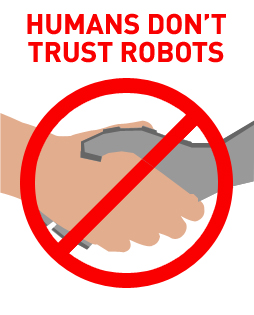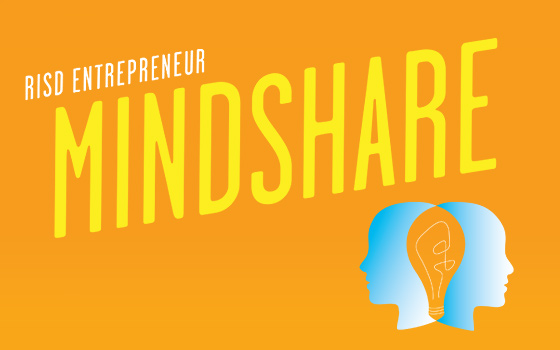You may have already heard that Google has announced an adjustment to the way their search engine works, something they’re calling Search, plus Your World. To save time, I’ll just quote from their introduction:
Search is pretty amazing at finding that one needle in a haystack of billions of webpages, images, videos, news and much more. But clearly, that isn’t enough. You should also be able to find your own stuff on the web, the people you know and things they’ve shared with you, as well as the people you don’t know but might want to… all from one search box.
We’re transforming Google into a search engine that understands not only content, but also people and relationships. We began this transformation with Social Search, and today we’re taking another big step in this direction by introducing three new features:
1. Personal Results, which enable you to find information just for you, such as Google+ photos and posts—both your own and those shared specifically with you, that only you will be able to see on your results page;
2. Profiles in Search, both in autocomplete and results, which enable you to immediately find people you’re close to or might be interested in following; and,
3. People and Pages, which help you find people profiles and Google+ pages related to a specific topic or area of interest, and enable you to follow them with just a few clicks. Because behind most every query is a community.
So, yes, search is going to be very different. Less objective, more personalized. And despite all the wailing and gnashing of teeth on the internet in response, this isn’t really a surprise. It’s been clear for some time that Google’s best bet in retaining user commitment and let-me-help-you-experience-the-internet dominance is in increasing personalization. Merging a social-media approach with search is exactly how to do that. Also no surprise? Other social networks are pretty grumpy about it, too.
For example: Bloggers representing Twitter are not pleased. Their angst may be run-off from the end of their agreement with Google to feed Twitter data to Google’s realtime search results. They’ll just have to get over it. This is, as they say in “the biz,” competition. On another important note, Kit Eaton over at Fast Company points out that the whole scheme only really works right now to the degree that you use Google+; it doesn’t include information from Twitter or Facebook. (So the “harnessing the social graph” idea is definitely apt, but not exactly comprehensive.) Right. At this point, why would either network want to share with Google? Eaton asks:
“…isn’t Google really pulling a land grab with this trick? Isn’t it subtly and continuously promoting its own social network at every opportune moment in its search service, at the detriment of its better peers?”
Exactly. I think that claims of Google giving “preferential treatment” (something Eaton later says, but I’ve seen it umpteen times elsewhere) to their own network and services verges on the bizarre today. What we’re seeing here is Google finally starting to publicly act—for better or for worse—like a real company in a capitalist environment. Until now, their excellence at making money by selling advertising has been understood by anyone who stopped to ponder it for a moment, but also largely peripheral to most peoples’ experience of the Google brand. Unfortunately, turning overtly capitalist, though the only way to survive given the conditions of economic competition, doesn’t feel good to most of us, especially when we have come to view Google as more of a public institution than a corporation. A truth that hurts is much better in the long run than a soft, cozy myth. But as my colleague Lisa just said to me (literally this very moment), “Don’t be evil doesn’t mean don’t make money.” Hello.
 Anyway, I hate to say I told you so, but… Ok, I told you so. Back in June, 2009. And again, in November, 2009. Of course, I had to come up with a pompously Buckminster Fullerish term for it (fractalization, what?), but the gist was clear even then. I can imagine engineers at Google back in the day saying something like, “Imagine if we could get billions of people to spend hella time surfing the ‘net and telling each other what’s out there? Buuuut, we can’t, so we’ve created these bots to do it instead.” So the bots could cover a huge amount of ground, but where they had an edge in terms of speed and ubiquity, they didn’t with understanding relevance as that is unique from person to person. But now we do have billions of people spending hella time surfing the ‘net and telling each other about it. So it’s a no-brainer: Index search could never compete with a large populace engaged with social media. Given enough of a crowd, people would always offer each other a better and more trusted way to find relevant information.
Anyway, I hate to say I told you so, but… Ok, I told you so. Back in June, 2009. And again, in November, 2009. Of course, I had to come up with a pompously Buckminster Fullerish term for it (fractalization, what?), but the gist was clear even then. I can imagine engineers at Google back in the day saying something like, “Imagine if we could get billions of people to spend hella time surfing the ‘net and telling each other what’s out there? Buuuut, we can’t, so we’ve created these bots to do it instead.” So the bots could cover a huge amount of ground, but where they had an edge in terms of speed and ubiquity, they didn’t with understanding relevance as that is unique from person to person. But now we do have billions of people spending hella time surfing the ‘net and telling each other about it. So it’s a no-brainer: Index search could never compete with a large populace engaged with social media. Given enough of a crowd, people would always offer each other a better and more trusted way to find relevant information.
People will always trust other people more than robots. That is, until they can no longer tell the difference. But that’s another thought…
Also, it seems to go without saying, but this doesn’t really change SEO—at least not yet. And at least not the kind of SEO we tend to talk about. In order for any search engine to properly index your content, regardless of whether robots or people gather it, you have to use metadata to describe that content. And there’s a right way to do that, which is what SEO is all about. Until Google+ can get an edge on Facebook and Twitter, or if some miraculous deal can be struck, Google is still missing out on a major chunk of the internet. Meanwhile, people aren’t going to abruptly stop using Google to find information that maybe they assume their friends don’t know about (or they don’t want their friends or colleagues to know they’re looking for). So, life goes on…


